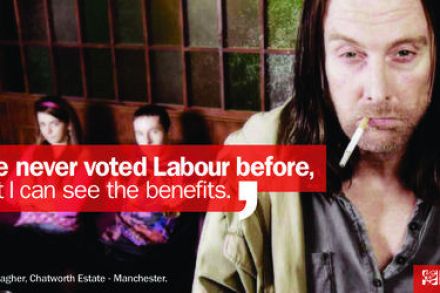To win the election, the Tories must learn to fight dirty
James Forsyth reviews the week in politics Having to work on a Sunday is a chore — doubly so when that Sunday is Valentine’s Day. But there were plenty of worker bees at Labour headquarters on Victoria Street last Sunday, devoting themselves to the passion of their life: hounding Conservatives. They came to rebut a document that the Tories had just released on how Britain has grown more unequal under Labour. Late in the afternoon, all their Valentine’s dreams came true: they found a mistake. Somehow the Tories had managed to claim that 54 per cent of girls under 18 got pregnant in the most deprived areas of the country

















